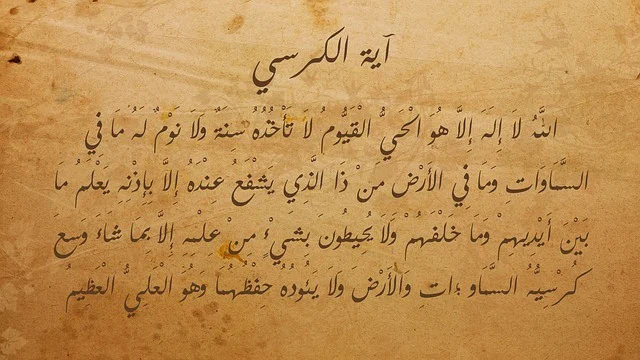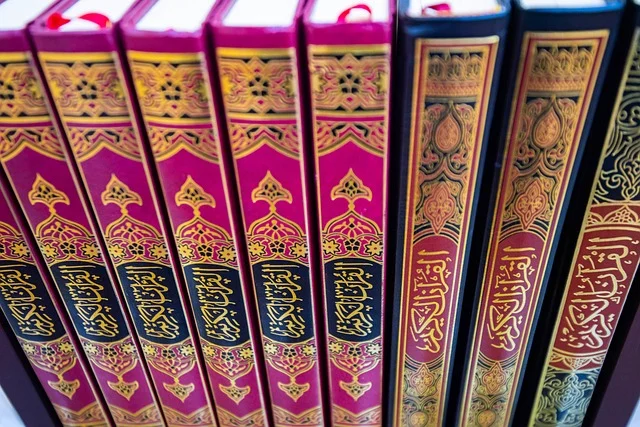In Islamic scholarship, the terms Mufti and Faqih are often used to describe individuals with expertise in Islamic law (Sharia). While both roles are rooted in deep knowledge of Islamic jurisprudence (fiqh), they differ in their functions, responsibilities, and scope of authority. Understanding these distinctions is essential for appreciating the structure of Islamic legal scholarship and its application in Muslim communities. This article explores the roles of a Mufti and a Faqih, their qualifications, and how they contribute to the Islamic legal tradition.
Defining a Mufti
A Mufti is an Islamic scholar qualified to issue non-binding legal opinions, known as fatwas, in response to specific questions or issues posed by individuals or communities. The role of a Mufti is to interpret Islamic law based on the Quran, Sunnah (Prophetic traditions), consensus (ijma), and analogical reasoning (qiyas), as well as other recognized sources of jurisprudence, to provide guidance on religious, social, or personal matters.
Key Responsibilities of a Mufti:
- Issuing Fatwas: A Mufti responds to queries ranging from daily religious practices (e.g., prayer or fasting) to complex modern issues (e.g., bioethics or financial transactions).
- Contextual Analysis: A Mufti considers the cultural, social, and regional context of the questioner to ensure the fatwa is relevant and applicable.
- Public Guidance: In some cases, Muftis issue fatwas that address broader societal issues, such as public policy or ethical dilemmas.
Qualifications of a Mufti:
To become a Mufti, a scholar must undergo rigorous training in Islamic sciences, including:
- Mastery of fiqh (Islamic jurisprudence) and its methodologies.
- Proficiency in Arabic, the language of primary Islamic texts.
- Deep knowledge of the Quran, Hadith, and classical legal texts.
- Understanding of usul al-fiqh (principles of jurisprudence) to derive rulings.
- Often, formal authorization (ijaza) from a recognized institution or senior scholar is required.
In many Muslim-majority countries, Muftis are appointed to official positions, such as the Grand Mufti, who serves as a national or regional authority on Islamic law. However, independent Muftis also exist, providing guidance within their communities.
Defining a Faqih
A Faqih (plural: Fuqaha) is a jurist or scholar who specializes in the study and understanding of fiqh, the body of Islamic jurisprudence that governs all aspects of a Muslim’s life, from worship to transactions and family law. The term Faqih comes from the Arabic root meaning “to understand,” reflecting the scholar’s role as one who deeply comprehends the principles and details of Islamic law.
Key Responsibilities of a Faqih:
- Developing Legal Theory: A Faqih contributes to the theoretical and practical development of fiqh by studying and interpreting primary sources.
- Teaching and Writing: Faqihs often author legal texts, teach students, and preserve the intellectual tradition of their school of thought (madhab).
- Advising Courts and Institutions: In some contexts, Faqihs serve as judges (qadis) or advisors in Sharia courts, applying fiqh to resolve disputes.
Key Responsibilities of a Faqih:
- Developing Legal Theory: A Faqih contributes to the theoretical and practical development of fiqh by studying and interpreting primary sources.
- Teaching and Writing: Faqihs often author legal texts, teach students, and preserve the intellectual tradition of their school of thought (madhab).
- Advising Courts and Institutions: In some contexts, Faqihs serve as judges (qadis) or advisors in Sharia courts, applying fiqh to resolve disputes.
Key Differences Between a Mufti and a Faqih
While there is overlap between the two roles—both require deep knowledge of fiqh and Islamic sources—their functions and scope differ significantly. Below are the primary distinctions:
- Role and Function:
- A Mufti is primarily a fatwa-issuer, providing specific legal opinions to guide individuals or communities.
- A Faqih is a jurist who studies, teaches, and develops the theoretical and practical aspects of fiqh, often without directly issuing fatwas.
- Scope of Work:
- A Mufti’s work is practical and responsive, addressing real-world questions and offering actionable guidance.
- A Faqih’s work is more academic, focusing on the study, interpretation, and preservation of Islamic legal principles.
- Interaction with the Public:
- Muftis directly engage with the public by answering queries and issuing fatwas, often acting as a bridge between scholarship and laypeople.
- Faqihs typically engage with students, scholars, or legal institutions, contributing to the intellectual tradition of fiqh.
- Authority to Issue Fatwas:
- Only a Mufti is formally qualified to issue fatwas, as this requires specialized training in fatwa methodology and contextual application.
- A Faqih may not issue fatwas unless they have also trained as a Mufti, though their expertise in fiqh informs the fatwa process.
- Institutional Roles:
- Muftis often hold official positions, such as in religious councils or as Grand Muftis, with authority to issue fatwas for a region or country.
- Faqihs may serve as judges, educators, or advisors but are not necessarily tied to fatwa-issuing institutions.
Conclusion
In summary, a Mufti and a Faqih are both pillars of Islamic scholarship, but they serve distinct purposes. A Mufti issues fatwas to provide practical guidance, while a Faqih focuses on the study and development of fiqh as a legal discipline. Together, they ensure that Islamic law remains a living, adaptable framework capable of addressing the needs of Muslims across time and place.



